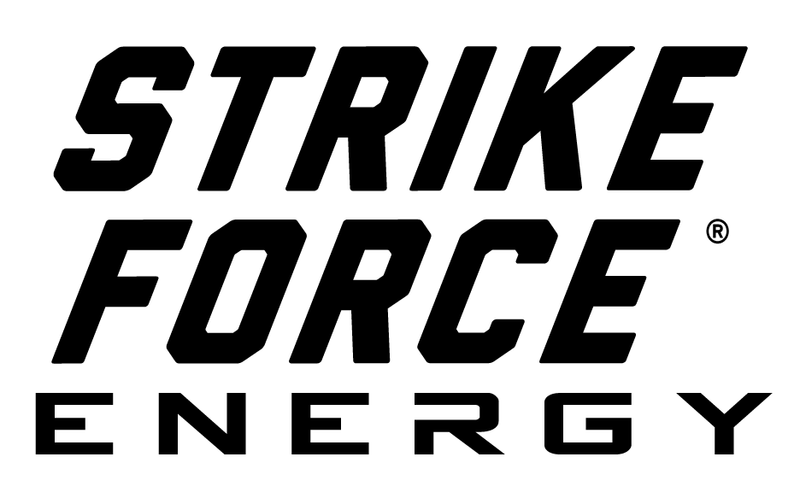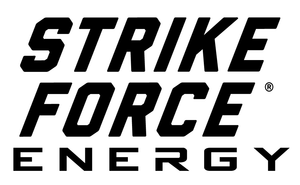Energy Drinks vs. Energy Powders
The market for energy beverages is vibrant, with many different products being sold today. Both an energy drink and energy powder provide mental and physical stimulation. The ingredients are often targeted at increasing alertness, awareness, and concentration. They can also prevent fatigue, thereby enhancing performance. What distinguishes energy drinks from energy powders? Is one considered better than the other?
Energy drinks have always been a popular choice among athletes, students, and busy professionals. They contain taurine and caffeine, which aid in memory and focus. However, these often-carbonated energy drinks come in a bottle or can, which can be difficult to carry around especially for people on the go. This is why a new trend in the convenience of energy drinks has given way to energy powder.
Energy drinks are everywhere, and they are viewed as better alternatives because they come in small pockets, are less processed, and are loaded with more vitamins and nutrients than their liquid counterparts. That is how their popularity has grown over the last few years. Can they really be healthier? This article explores the major differences between energy drinks and energy powders, as well as the pros and cons of one over the other.
What Do Energy Drinks Do?
People reach for energy drinks because they claim to improve energy, concentration, and endurance. Their popular ingredients are caffeine, taurine, sugar, and vitamins. Some brands also contain herbal extracts like guarana and ginseng, which stimulate brain function.
The concentration of these ingredients varies from product to product, and energy drinks are incredibly popular because of the immediate effects, particularly when it comes to reducing mental fatigue and increasing reaction time.
What Do Energy Powders Offer?
An energy powder contains the same ingredients as a regular energy drink. Unlike a traditional energy drink, an energy powder needs to be mixed with water before consumption.
Energy powders come in air-tight containers or small packets. This is why some people prefer them — they’re easy to bring wherever they go. The only downside is they need to have a shaker and water supply available before they can experience the benefits of improved focus and mental power.
Pros and Cons of Both
When it comes to choosing between an energy drink and an energy powder, it doesn’t necessarily have to be a challenge. It’s all about knowing what a particular lifestyle needs to make the most out of the benefits of either type of drink. Below are the pros and cons of energy drinks and energy powders.
Pros of Energy Drinks
Energy drinks come with tried-and-tested ingredients that provide an instant boost. They are convenient to consume because they come in ready-to-drink, single-serve containers like cans or bottles.
Cons of Energy Drinks
Energy drinks are more expensive because of the added water and soda, not to mention the higher cost of shipping due to the extra weight. They are also bulky to carry around, so people need more room in their bags.
Pros of Energy Powders
Energy powders have the same enhancing power because they contain the same ingredients. It’s easy to control the dose and flavor because they come in powder form. They’re also cheaper and easier to bring everywhere.
Cons of Energy Powders
Energy powders are not ready to drink. They need to be mixed with water first, which can be inconvenient when taking a break in between workouts or practice sessions.
Consume in Moderation for Sustained Results
Whether it’s an energy drink or energy powder, the choice depends on how well it caters to the needs of the consumer. Either way, it’s best to consume both in moderation for a healthier and more sustainable way of experiencing their effects.
Try our energy drinks from Strike Force Energy! Turn any beverage into a healthy energy drink with our liquid packets. For more information on our product offerings, visit our website today!



